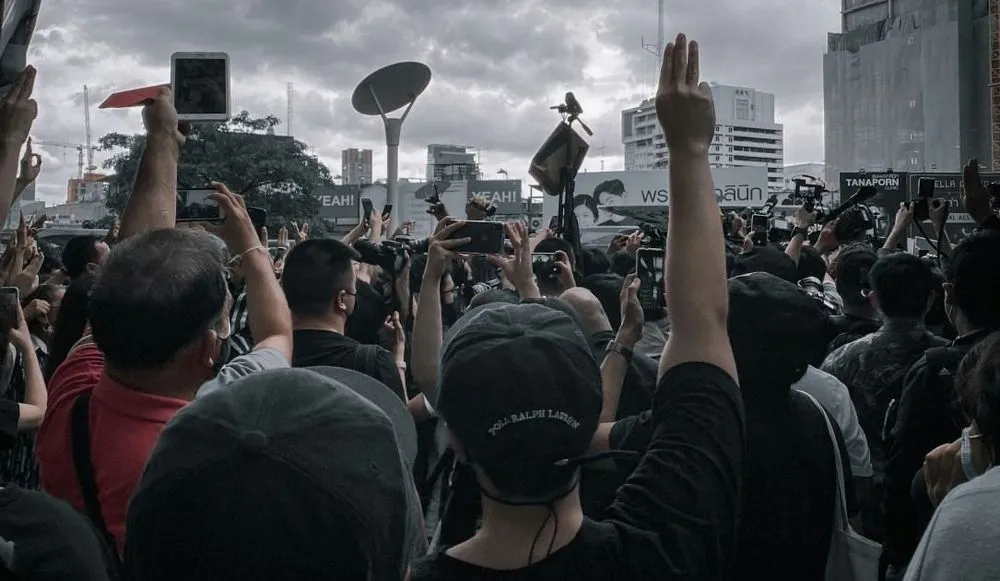Researchers uncover social media harassment campaign targeting Thai dissidents since 2020
Digital forensic researchers have uncovered and dissected a social media-based harassment and doxxing campaign waged against Thai pro-democracy protestors since at least 2020.
Thai authorities not only doxxed the victims, but also urged followers to report them to the police, according to a report published Wednesday by the Citizen Lab, a University of Toronto-based research institute.
The effort used an “inauthentic persona,” mainly on X and Facebook, to harass the pro-democracy activists on a constant basis, the report says.
Citizen Lab linked the campaign, which it dubbed JUICYJAM, to the Royal Thai Armed Forces and the Royal Thai Police. It said the attribution was made possible by military and police documents leaked last month.
“The amount and type of private information — including pictures of IDs, details in family businesses and more — made available for each target suggests capabilities that are inconsistent with just the work of a private individual,” Alberto Fittarelli, Citizen Lab’s lead researcher on the report, said via email.
Last week Amnesty International pushed for an investigation following the leak of the same documents which Citizen Lab used to make its attribution.
Amnesty said the documents suggest a coordinated campaign to hit human rights organizations and pro-democracy figures with state-sponsored cyberattacks involving phishing, social media manipulation and disinformation.
Thailand is an autocratic regime whose government has a history of harassing, repressing and in some cases arresting pro-democracy protestors, particularly for criticizing its monarchy. Thai authorities did not respond to a request for comment.
Citizen Lab describes the effort as significant in scale and impact.
“With a high rate of following and engagement across platforms, JUICYJAM is an uncommon instance of a successful state-sponsored influence operation,” the report says.
“JUICYJAM’s tactics support a larger network of judicial harassment and democratic suppression that is infrequently enforced by social media platforms, but poses a significant threat to civil society.”
The campaign uses similar tactics as those deployed in several other regions to stifle dissent, according to the report, which cited Hong Kong as an example.
Citizen Lab said it believes the same methods also contributed to the recent arrest of Paul Chambers, an American academic whom Thai authorities have detained for allegedly criticizing the monarchy and for violating the country’s Computer Crimes Act.
The State Department has expressed alarm over Chambers’ arrest, which reportedly stems from his allegedly publicizing a webinar which included a description saying the monarch can dictate changes to the country’s military leadership, according to his lawyers.
Chambers did not write the text in question, his lawyers have said.
Suzanne Smalley
is a reporter covering digital privacy, surveillance technologies and cybersecurity policy for The Record. She was previously a cybersecurity reporter at CyberScoop. Earlier in her career Suzanne covered the Boston Police Department for the Boston Globe and two presidential campaign cycles for Newsweek. She lives in Washington with her husband and three children.



